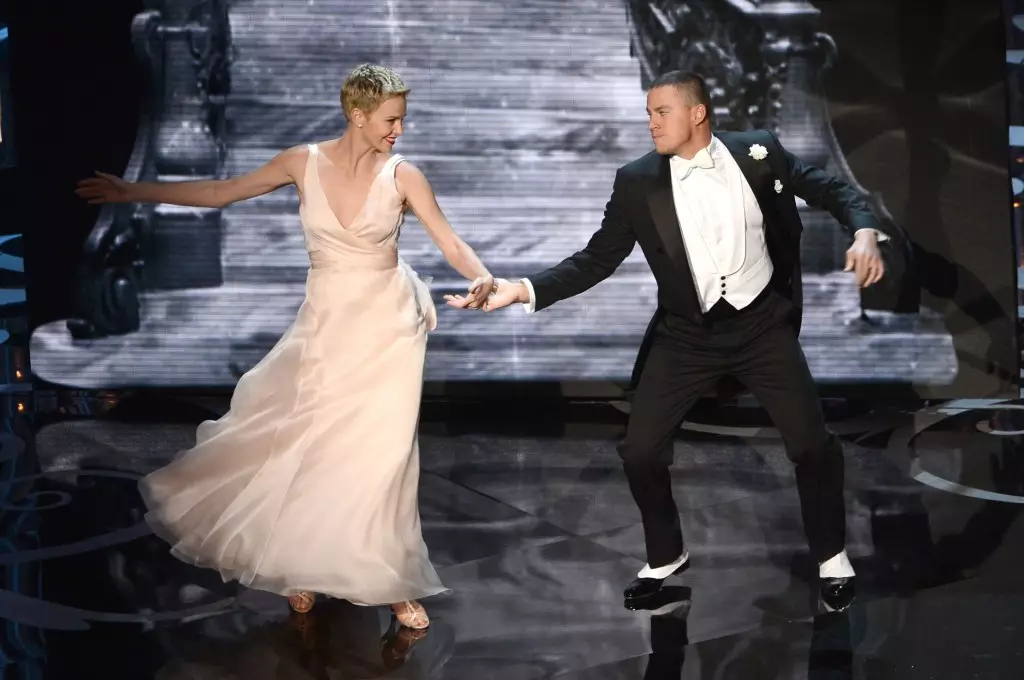In recent years, comedy films have often struggled to find their footing amidst a landscape dominated by franchise fatigue, superhero blockbusters, and a shifting audience palate. Yet, the tides appear to be turning. The return of iconic comedies like *Happy Gilmore* and *The Naked Gun* signals a renewed appetite for humor rooted in nostalgia but powered by fresh narratives. Warner Bros.’ strategic decisions and studios’ willingness to invest heavily in comedy projects suggest a belief that audiences are eager for laughs, especially when delivered through a contemporary lens that respects the genre’s history while innovating creatively.
This renaissance isn’t merely about retro reverberations; it reflects a deep understanding that comedy is an essential cultural valve. The genre’s capacity to critique, entertain, and unite diverse audiences makes it uniquely vital in a fractured media environment. Studios recognize that comedy—if executed with originality—can cut through the noise, offering viewers a reprieve while also sparking conversations about societal norms and human folly.
High-Profile Collaborations Indicate a New Era
The recent bidding war for Universal’s *Dance Parents* underscores a vital shift in industry dynamics. This project, featuring stars like Charlize Theron and Channing Tatum, exemplifies a strategic move to blend star power with inventive storytelling. Such an ensemble signals Hollywood’s preference for high-concept comedies rooted in relatable yet exaggerated worlds—think fierce dance competitions and passionate parental figures. While plot details remain under wraps, the very premise promises to juxtapose heartfelt humor with sharp societal observations, a hallmark of successful modern comedies.
Moreover, the involvement of industry heavyweights like Theron and Tatum, both proven in dance-centric roles, reflects a desire to harness their unique talents for comedic effect. The pairing of these stars, who first shared a stage at the 2013 Academy Awards, adds a layer of genuine chemistry and nostalgia that will resonate with audiences. Their collaborative history, combined with Jonathan Levine’s proven comedic instincts, signals a project that aims to elevate the genre with smart humor and emotional depth.
A Trend Toward Female-Led Narratives and Diverse Storytelling
Another notable aspect of this development is the prominence of women behind the scenes and in lead roles. Theron’s production partnership with Beth Kono and AJ Dix at Secret Menu, along with Malloy’s writing credentials—including her work on *Spider-Man: Into the Spider-Verse*—indicate an industry recognition that diverse voices are vital for the genre’s evolution. These collaborations are not just about star power; they embody a push for more nuanced, socially aware comedies that reflect contemporary realities.
Furthermore, the potential for *Dance Parents* to explore themes of ambition, competition, and generational clashes in a humorous yet insightful manner aligns with a broader industry goal: moving past tired stereotypes toward stories that speak authentically to a diverse audience. The inclusion of big players like Levine and the production companies suggests a commitment to quality storytelling that can redefine what mainstream comedy can look like in the coming years.
Nostalgia Meets Innovation: Toward a Future of Bold Comedy
The revival of comedy isn’t solely about nostalgic callbacks; it’s about reimagining the genre for a new era. Films like *Dog* and projects modeled after beloved classics demonstrate that audiences are craving both familiarity and novelty. The critical and commercial success of unexpected hits like *Dog* highlights that when comedy combines strong character development with sharp humor, it can bridge generational gaps and resonate widely.
This blend of nostalgia and innovation sets the stage for a vibrant future for comedy in cinema. As filmmakers and writers experiment with unconventional narratives—whether through dance, sports, or social satire—they challenge the notion that comedy must follow predictable patterns. The industry’s willingness to invest in projects led by talented creators like Malloy and Levine signals a belief that comedy’s best days are ahead, fueled by fresh perspectives and fearless storytelling.
—
This newfound emphasis on bold, inclusive, and inventive comedy marks a pivotal moment in Hollywood. No longer content to rely solely on familiar formulas, filmmakers are daring to push boundaries, explore new themes, and craft humor that not only entertains but also enriches the conversation about modern life. The next wave of comedy promises to be dynamic, diverse, and profoundly impactful—an exciting evolution driven by talent, vision, and a clear recognition of comedy’s enduring power to unite and inspire.
